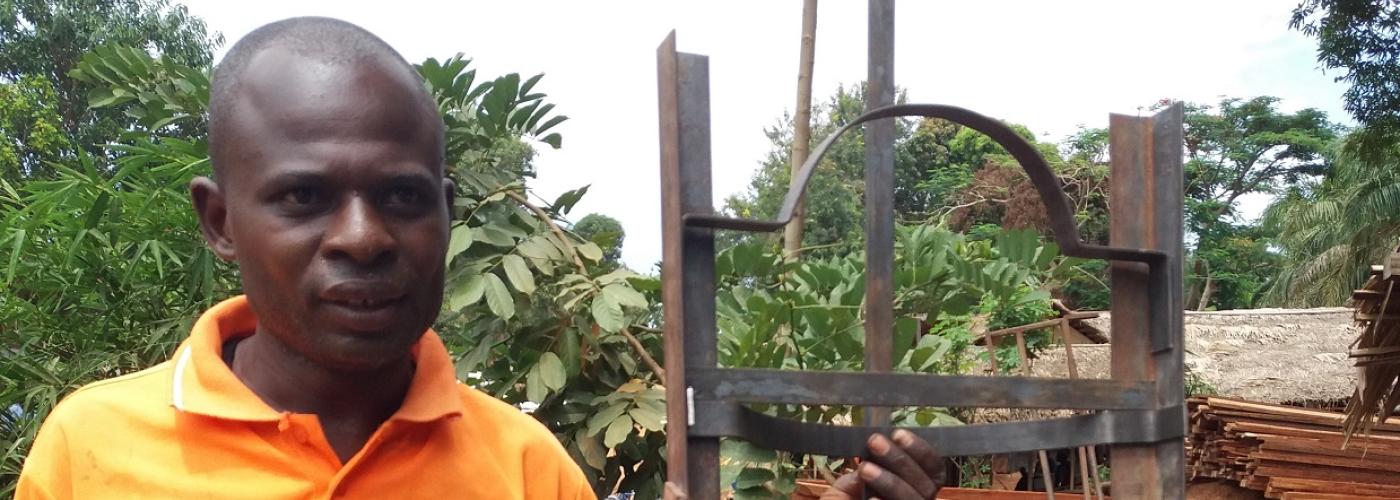General information
Title
Capacity building & policy support in parasitological disease surveillance & diagnosis in Vietnam
ID
XM-DAC-2-10-8153
CRS ID
2022008153
Start date
End date
Activity status
Implementation
Budget
€817.230
Actor
ITM Institute of Tropical Medicine ANTWERPEN - ANVERS
Country
VIETNAM
Sector
Health - Basic Health - Malaria control
Policy markers
Gender 1
Climate: Adaptation 1
Aid type
Core support to NGOs, other private bodies, PPPs and research institutes
Priority partner country
Yes
Fragile state
No
Least developed country
No
Budgetline
54 41 452539 Toelagen aan het Instituut voor Tropische Geneeskunde
Finance type
GRANT
Tied status
No
Flow type
ODA
Body
General
NIMPE becomes a sustainable driver of change in parasitic disease research to inform policy and create improved surveillance and control- and elimination strategies in Vietnam. This five-year programme aims to contribute to the reduction of the burden and impact of malaria and food- and waterborne parasitic diseases in Vietnam. Ultimately the programme wants to eliminate malaria in Vietnam. We want to contribute to SDG Goal 3: ‘Ensure healthy lives and promote wellbeing for all at all ages. For this programme, partners from Belgium and Vietnam will work together, through science and for societal impact. Reaching the objective will greatly benefit local communities and will contribute to reduce health inequality in ethnic minority populations in Vietnam, Leaving No One Behind (LNOB).
To do so, we will enable NIMPE to become a sustainable driver of change in infectious disease research, surveillance and control and elimination in Vietnam. By addressing capacity gaps in terms of research methodology and laboratory capacity at NIMPE, diagnostic and surveillance strategies for parasitic diseases in Vietnam will be improved, through their direct role as the executor of- and technical advisor for parasitic control in Vietnam. This will result in high quality evidence that can directly contribute to policy for prevention, control and elimination of parasitic diseases. With the resulting changes in policy, we will contribute to the reduction of malaria cases, containment of antimalarial resistance and development of tailored strategies to eventually eliminate both P. falciparum and P. vivax malaria in Vietnam. In addition, the programme aims to reduce the impact of food- and waterborne parasitic diseases in Vietnam, in particular (re)emerging zoonotic infections. These parasitic diseases, including malaria are disproportionally affecting ethnic minorities. Thereby, with a focus on these diseases and the communities that are affected by them, we hope to develop strategies that are specifically tailored to these populations.


